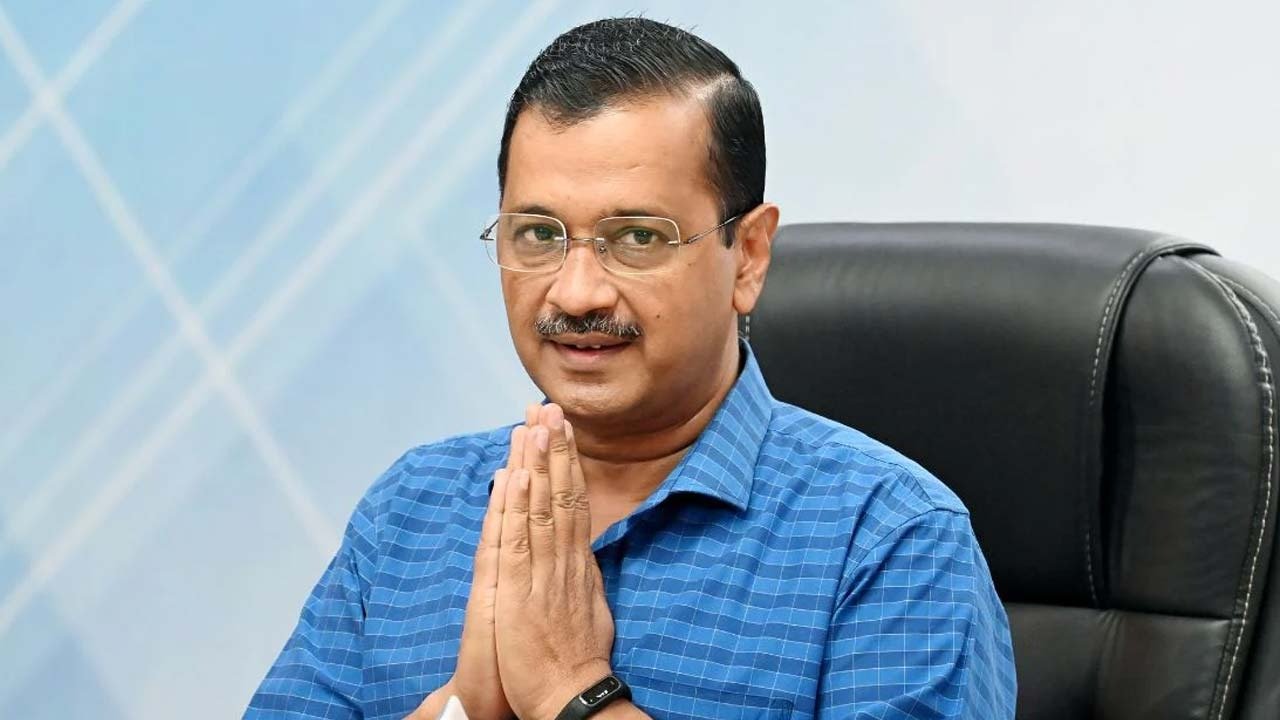In a political upset that has sent shockwaves through Delhi’s political landscape, Arvind Kejriwal, the former Chief Minister and chief of the Aam Aadmi Party (AAP), has lost his stronghold, the New Delhi assembly seat, to Bharatiya Janata Party’s (BJP) Parvesh Sahib Singh Verma.
The counting, which concluded on February 8, revealed that BJP is on track to form the government in Delhi after a gap of 27 years, leading in 48 of the 70 assembly seats, while AAP managed leads in 22 seats. Congress failed to make any significant mark, not leading in any constituency according to the initial trends.
Kejriwal, who has been a dominant figure in Delhi’s politics since 2013, securing a landslide victory in both the 2015 and 2020 elections, faced a formidable challenge this time around. His loss in New Delhi, a seat he has held for over a decade, marks a significant shift in the city’s political dynamics. Verma, who has been a vocal critic of Kejriwal, emerged victorious with a lead of over 3,000 votes, as per the Election Commission data.
The election campaign was marred by controversies, including the Delhi liquor policy case, which saw Kejriwal resign from his position as Chief Minister in September 2024 after being granted bail following months in jail. The AAP fought this election on the narrative of public sympathy, highlighting Kejriwal’s governance model that included free electricity, improved schooling, and healthcare through mohalla clinics.
However, BJP’s campaign, led by national figures like Prime Minister Narendra Modi and Union Home Minister Amit Shah, focused on development, corruption allegations against AAP, and the promise of a “double-engine government” to accelerate Delhi’s growth. The BJP’s narrative seemed to resonate with the electorate, leading to a significant vote share of 47.02%, closely followed by AAP’s 43.17%.
Celebrations erupted at BJP’s headquarters in Delhi, where supporters gathered to cheer for what they described as a historic day, marking the end of AAP’s dominance. The mood was somber at AAP’s office, with party workers and leaders visibly stunned by the outcome, particularly in Kejriwal’s stronghold.
Analysts are already dissecting this election result, discussing the impact of anti-incumbency, the effectiveness of BJP’s campaign strategy, and the repercussions of the legal troubles faced by AAP leaders. Kejriwal’s defeat in New Delhi is seen not just as a personal setback but as an indicator of changing voter preferences in a city known for its politically engaged population.
The loss for Kejriwal and AAP raises questions about the party’s strategy moving forward, not only in Delhi but in other states where AAP has been trying to expand its footprint. For BJP, this victory could strengthen its position in upcoming elections, reinforcing its narrative of national leadership and development-focused governance.
As Delhi braces for a new political chapter under BJP’s leadership, all eyes will be on how the new government addresses the city’s myriad challenges, including pollution, infrastructure, and public services, while managing the transition from AAP’s decade-long rule.




